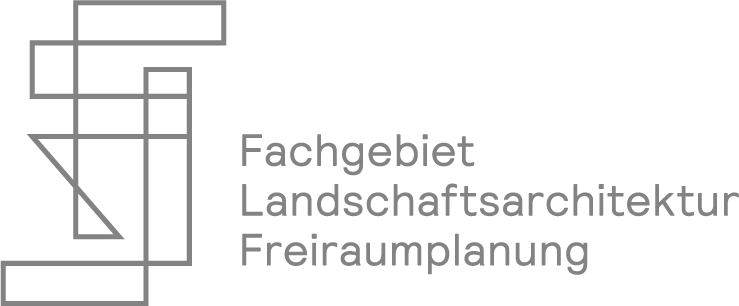DIAGNOSE! Interview with
#13 – Maarten Van Acker
By: Thierry Nolmans & Carolina Moreno Londono
DIAGNOSE! Interview Series
Published on June 4, 2021
Prof. Dr. Maarten Van Acker // Faculty of Design Sciences, Universiteit Antwerpen, Belgium
In a more and more complex society (growth, diversity, digitalization, climate change...) our infrastructures will have to meet greater demands and cope with higher intensities. As foundations for our collective living, infrastructures form the basis of our urban habitat. They shape, inform, enable physically and non-physically the way we live. But their crucial impact on our built environment is ambiguous too. As much as infrastructures enable certain lifestyles, they also deny them to others.
Therefore, we see a strong urge to talk about what democratic infrastructures and infrastructural governance are and should be, what the transformative potential of infrastructures and infrastructural projects is, how we imagine infrastructural systems in the near future, and how infrastructure is an important way to bring social cohesion and social justice to segregated communities.
Taking Berlin as our case study, we will talk to Prof. Dr. Maarten van Acker. Maarten is a renowned expert in the field of infrastructures, urban design and spatial governance. Berlin is estimated to grow by more than 200,000 people by 2040; this growth is set to be facilitated by new city quarters and by densification of existing neighborhoods. But more than simply building new homes, a whole apparatus of new infrastructure will need to be built and ties with Brandenburg will need to become stronger.
On the one hand, large scale infrastructure like the new airport BER is built to meet the demands of both today and tomorrow, but on the other hand, a strong tendency of many is to want to keep things as they are. So how do we negotiate infrastructures in the areas of conflict between global standards and local conditions?
What will infrastructural systems have to look like 20 years from now? And how can we use the transformational potential within a process of change?
Maarten van Acker is professor of Urban Design and Architecture at the Faculty of Design Sciences at the University of Antwerp and director for the Research Group for Urban Development. He is board member at JUXTA architectuur and has been working as a consultant for many cities and architecture offices for the realisation of complex urban developments and infrastructure projects.
Length: 81:00 min
Introduction and Research Topics
[00:00] Intro
Definitions and analysis of current trends
[10:36] Keyword “infrastructure”
[17:48] Mobility - still the key topics in designing future cities?
[26:37] Development X Infrastructure - new approaches
[36:41] Changes in the character of mobility infrastructure throughout the last 20 years
Ring Road Antwerp:
Multi-layered infrastructure as a future-proof solution?
[43:27] Introduction into the RRA Project
[52:05] Bold proposals -> full-fledged construction project
[55:11] Are mega-projects still feasible in the 21st century?
[01:11.00] Grey, Blue and Green Hybrids
Speculations
[1:16:00] BB - Hot topics 2021 and Speculations 2040
BB2040
[EN] Berlin Brandenburg 2040 was initiated by the Habitat Unit in cooperation with Projekte International and provides an open stage and platform for multiple contributions of departments and students of the Technical University Berlin and beyond. The project is funded by the Robert Bosch Foundation.
[DE] Berlin Brandenburg 2040 wurde initiiert von der Habitat Unit in Kooperation mit Projekte International und bietet eine offene Plattform für Beiträge von Fachgebieten und Studierenden der Technischen Universität Berlin und darüberhinaus. Das Projekt wird von der Robert Bosch Stiftung gefördert.








